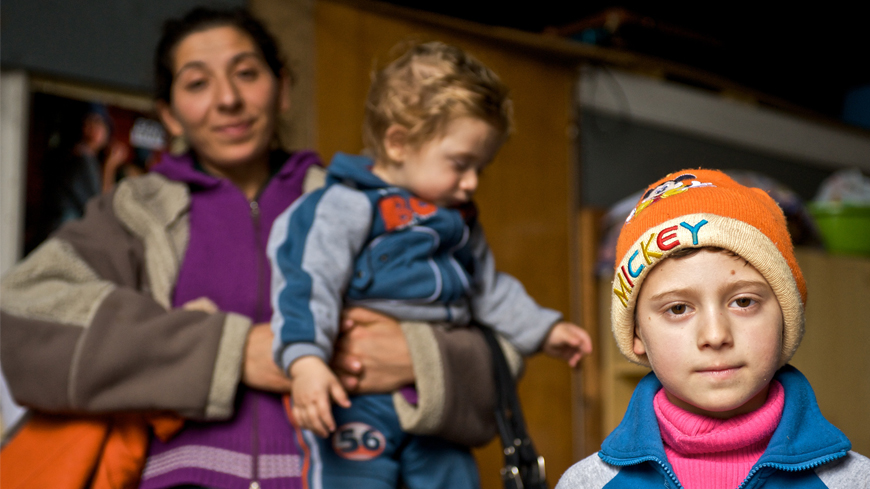The Council of Europe’s Committee of Ministers has adopted a Recommendation that for the first time ever calls on its 47 member states to include the history of Roma and/or Travellers (*) in school curricula and teaching materials.
An effective tool to combat hatred, discrimination and prejudice, radicalisation, Holocaust denial and revisionism, this Recommendation to include the history of Roma and/or Travellers in school curricula would improve the understanding that they are an integral part of both national and European societies.
The Recommendation emphasises the importance of teaching the Holocaust, as perpetrated by the Nazi regime and its allies as well as other acts committed against Roma and Travellers across Europe. It calls on governments to integrate activities related to the remembrance of the Roma Holocaust into formal and non-formal education, in connection with the European Roma Holocaust Memorial Day (2 August) or with a date more adapted to the historical context of the country concerned, for example local anniversaries connected with the imprisonment or deportation of Roma to concentration camps.
But such starkly negative historical periods should be complemented by teaching historical episodes when Roma and/or Travellers were not victims. For example, teaching should refer to positive narratives about Roma and/or Travellers’ history, such as their contribution to local, national and European cultural heritage, and the active role that Roma, Sinti and Yenish played in anti-Nazi and anti-Fascist resistance movements.
(*) The term “Roma and Travellers” is used at the Council of Europe to encompass the wide diversity of the groups covered by the work of the Council of Europe in this field: on the one hand a) Roma, Sinti/Manush, Calé, Kaale, Romanichals, Boyash/Rudari; b) Balkan Egyptians (Egyptians and Ashkali); c) Eastern groups (Dom, Lom and Abdal); and, on the other hand, groups such as Travellers, Yenish, and the populations designated under the administrative term “Gens du voyage”, as well as persons who identify themselves as Gypsies. The present is an explanatory footnote, not a definition of Roma and/or Travellers.



